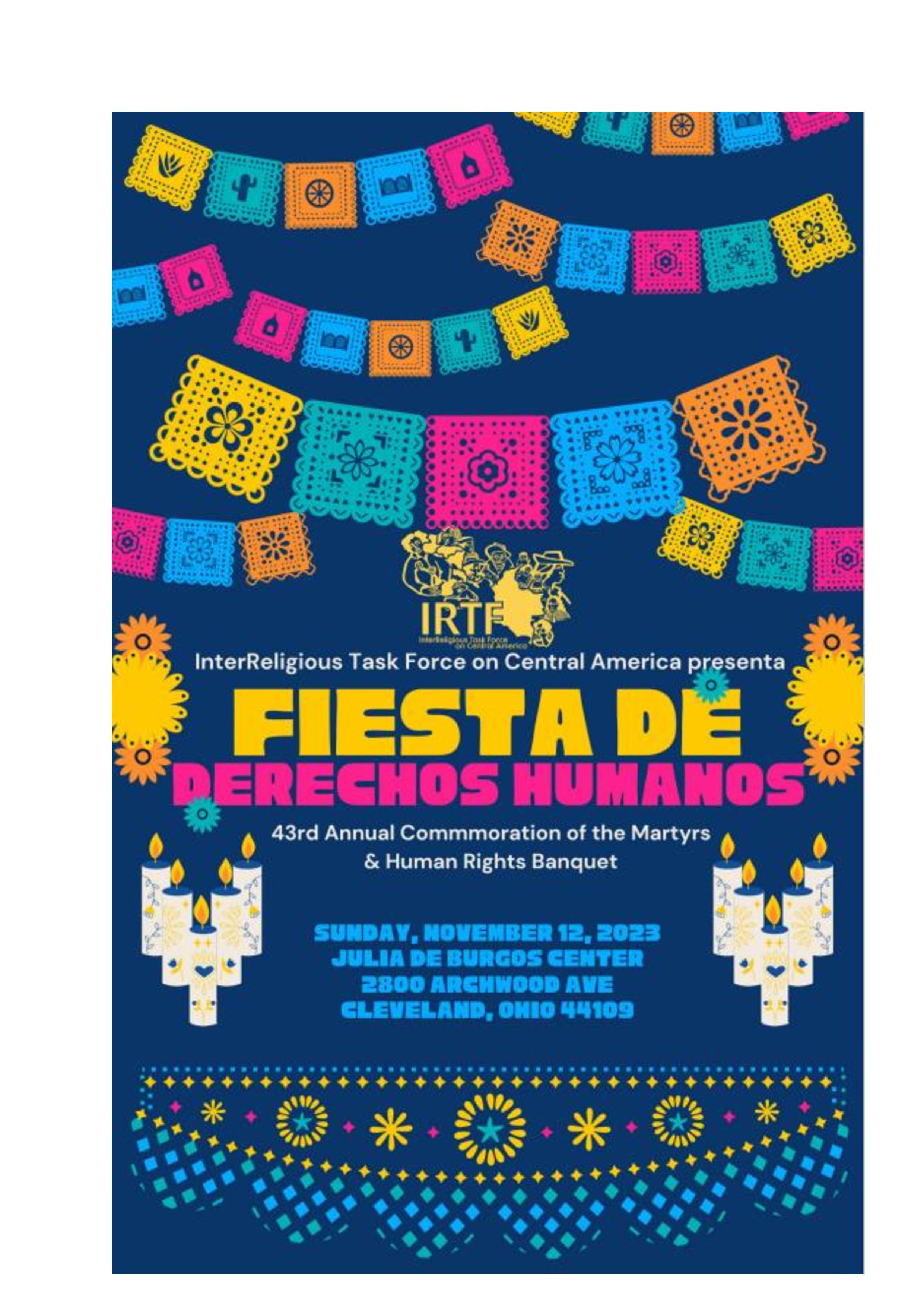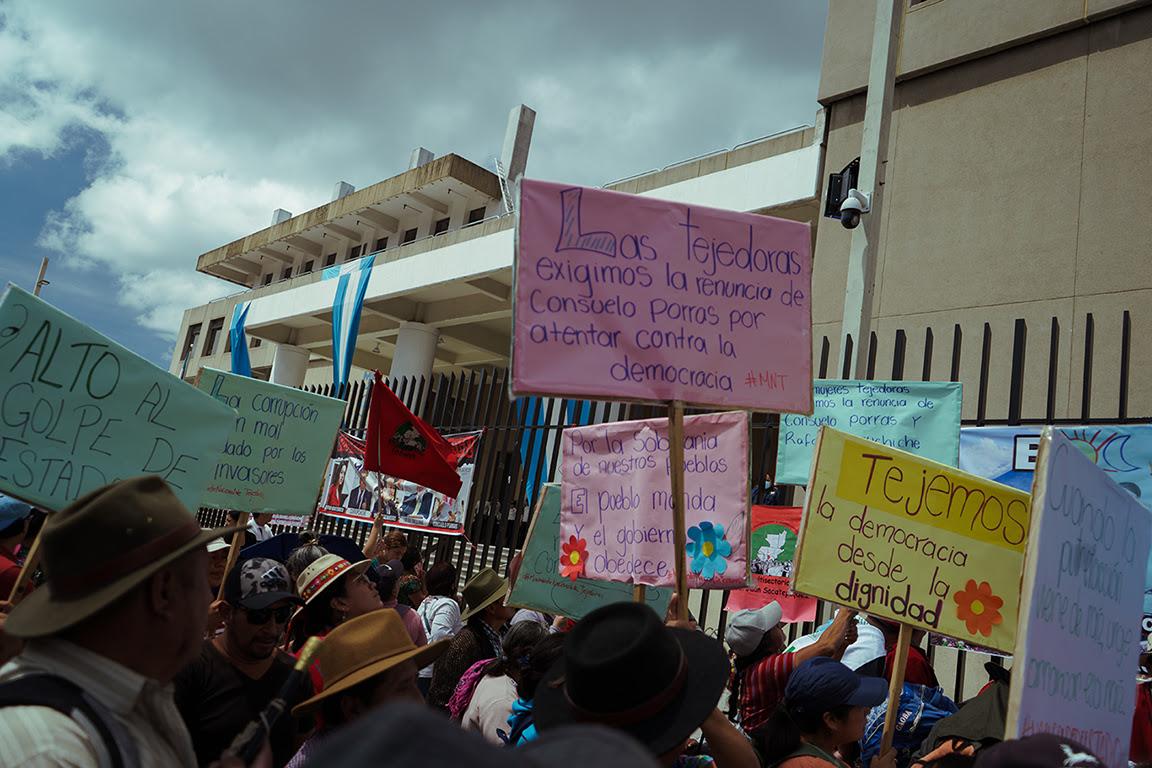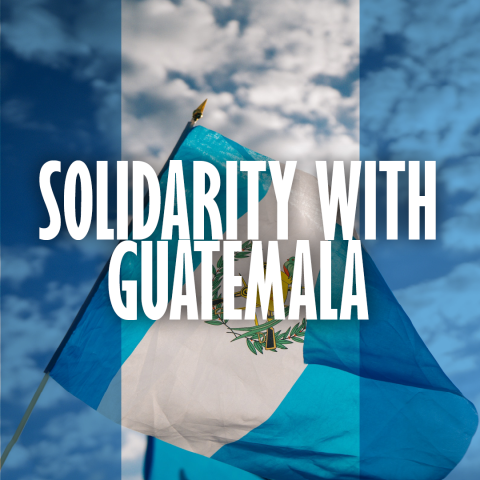International organizations strongly condemn the Guatemalan Public Prosecutor's Office for criminalizing political opposition, academics, journalists, and human rights defenders in the "Takeover of the USAC: political booty" case. This abuse of power aims to prevent the inauguration of President-elect Bernardo Arévalo and others on January 14, 2024. Raids and arrests targeting 27 individuals, including human rights advocates and academics, occurred in connection with their peaceful resistance against election anomalies at the University of San Carlos de Guatemala in 2022. The Public Prosecutor's Office plans to pursue pre-trial proceedings against elected officials, deepening a strategy of unjust criminalization. International bodies, including the OAS and IACHR, express grave concern and call on Guatemala to respect election results and cease actions threatening constitutional order and judicial independence. They emphasize the need for international oversight to prevent further abuses and signal that authoritarian manipulation of laws will not be tolerated on the global stage.
- Home
- About Us
- Issues
- Countries
- Rapid Response Network
- Young Adults
- Get Involved
- Calendar
- Donate
- Blog



